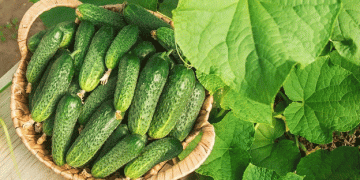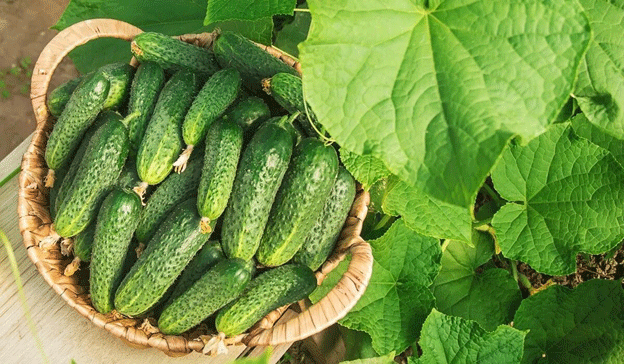Almería’s agricultural sector has experienced remarkable growth, establishing the province as Spain’s leading exporter of fruits and vegetables. In 2024, Almería exported approximately 2.73 billion kilograms of produce, generating €3.85 billion in revenue, thereby maintaining its top position since surpassing Murcia in 2018.
The province’s diverse export portfolio includes:
- Cucumbers: 540 million kilograms
- Peppers: 530 million kilograms
- Tomatoes: 418 million kilograms
- Watermelons: 341 million kilograms
- Zucchinis: 310 million kilograms
- Eggplants: 153 million kilograms
- Lettuce: 150 million kilograms
Germany stands as the principal market for Almería’s produce, importing over 1 billion kilograms valued at €1.39 billion in 2024. The province also accounts for 70% of Europe’s lettuce production during January, with key cultivation areas in Pulpí and Huércal Overa.
The province’s commitment to innovation and sustainability has been pivotal in its agricultural success. Technological advancements, such as the adoption of plastic sheeting, hybrid seeds, soilless cultivation, and advanced irrigation systems, have enhanced production efficiency. Notably, 99.9% of Almería’s 12,553 hectares dedicated to pepper cultivation employ biological pest control methods, underscoring the region’s dedication to environmentally friendly practices.
Almería’s strategic focus on diversification, technological innovation, and sustainable practices has cemented its status as Spain’s leading fruit and vegetable exporter. By continually adapting to market demands and environmental challenges, the province serves as a model for agricultural excellence, contributing significantly to both the national economy and global food supply.































